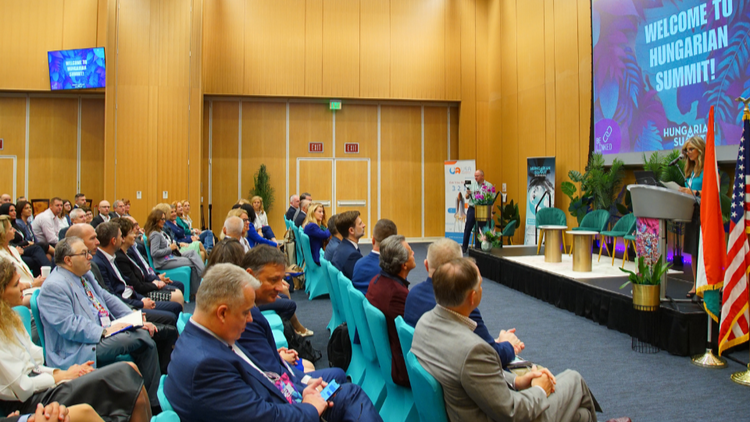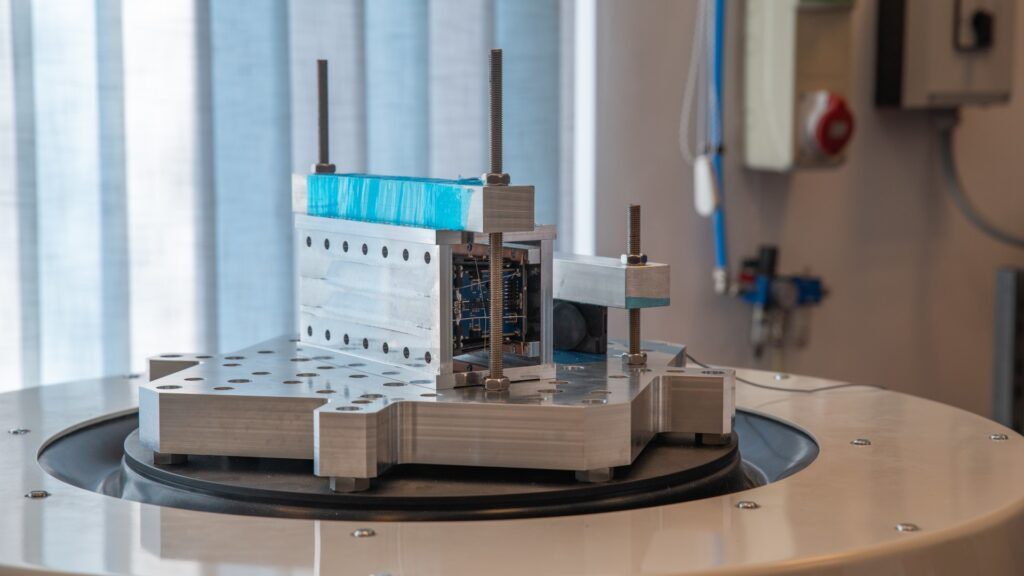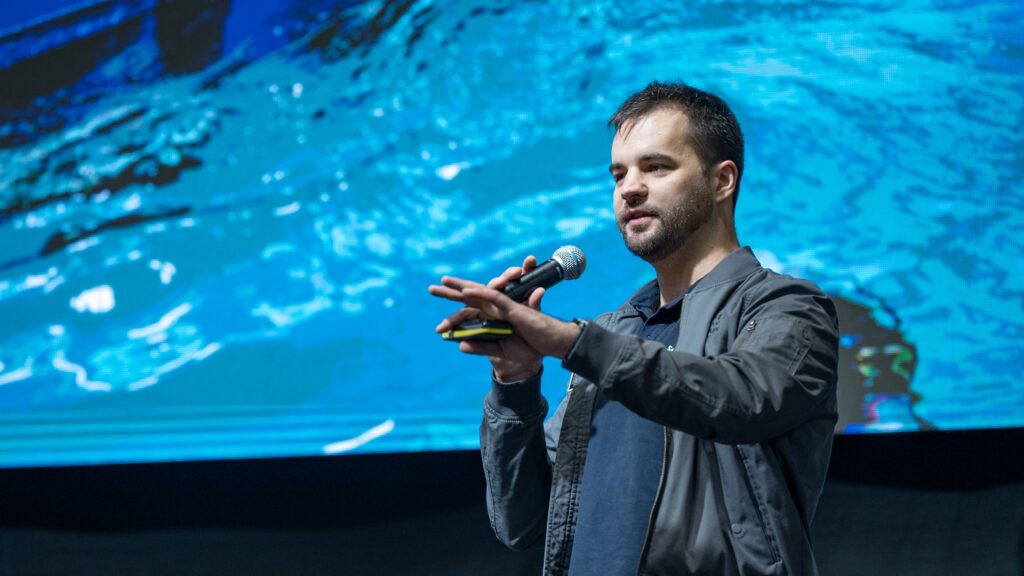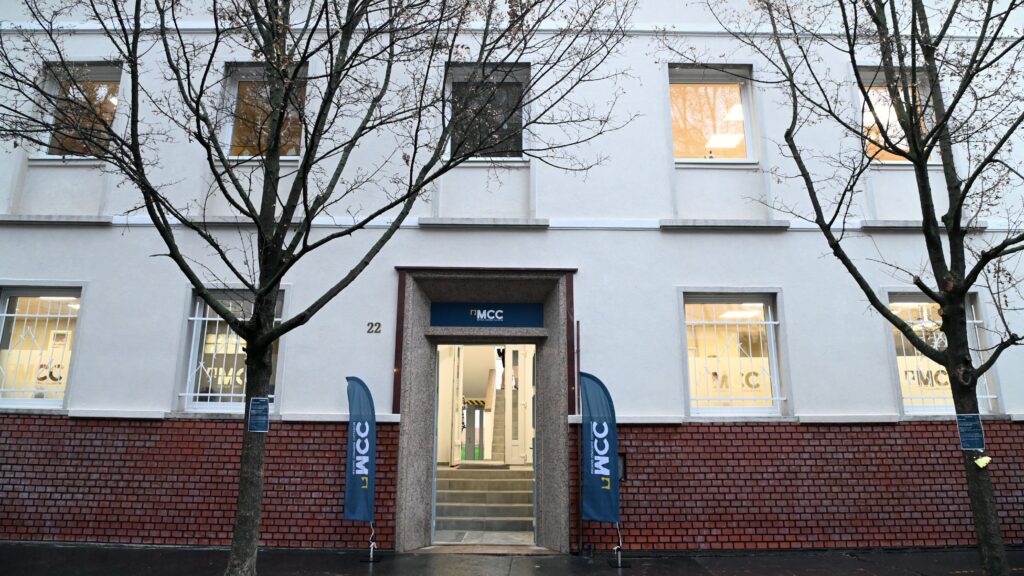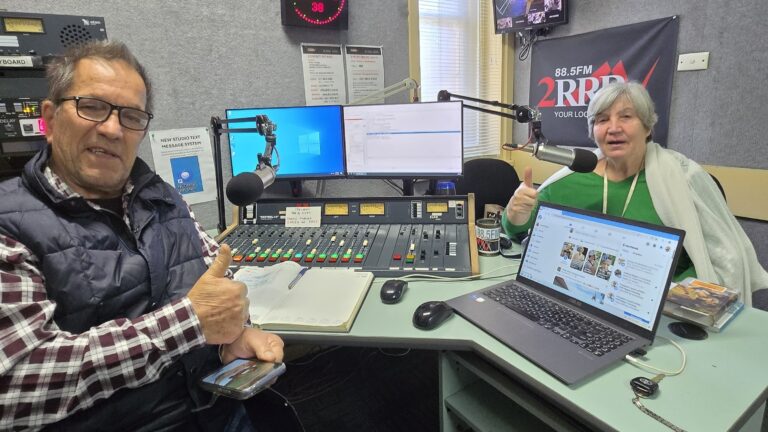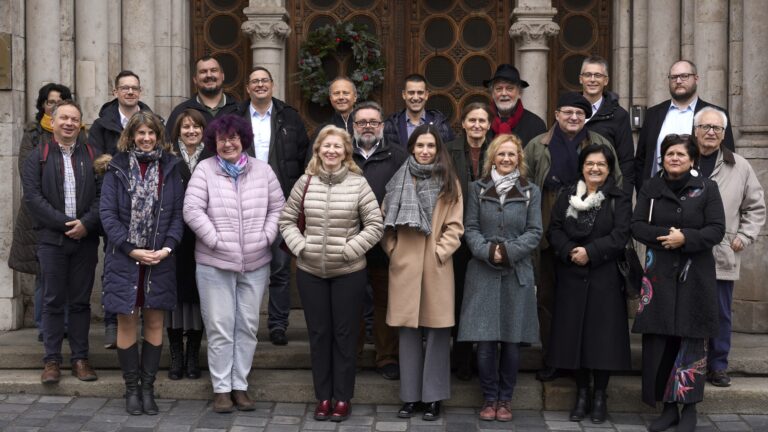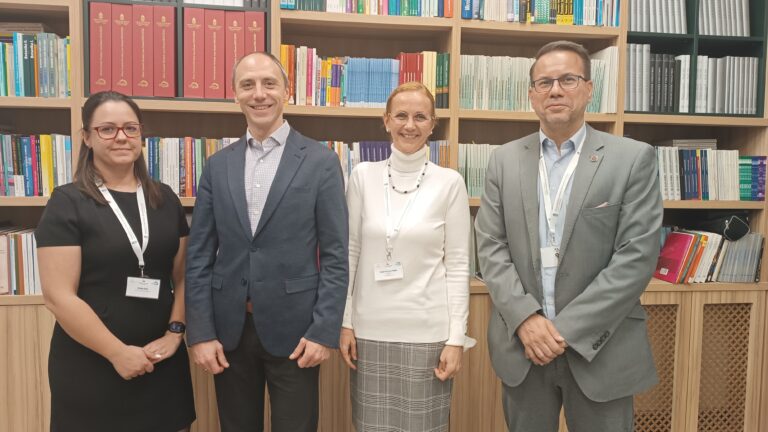The Hungarian Summit has proven to be a key event for enhancing economic, educational, community, and cultural relations between Hungary and the United States. Since its launch by HungarianHub in 2021, this recurring event has experienced exponential growth, becoming a significant platform for mutual cultural appreciation as well as educational and economic enhancement. The fourth Hungarian Summit, featuring distinguished speakers and engaging panel discussions on business, educational, community, and cultural topics offered participants a unique opportunity to meet like-minded innovators and develop valuable connections with the aim of building a bridge connecting two nations.
Inspired by the success of last year’s program—drawing representatives from various U.S. higher educational institutions and business leaders to Hungary, visiting several Hungarian cities exploring educational and business opportunities—, this year the organizers have launched another initiative, hosting a Hungarian business and a higher educational delegation in Daytona Beach, Florida. During the three-day education program organized by Dr. Judit Trunkos, an assistant professor of political science at Robert Morris University and a volunteer for HungarianHub, participants visited the campuses of three universities. Stetson University; the University of Central Florida, UCF (the second largest university in the whole U.S.); and Embry-Riddle Aeronautical University provided insights into their research areas, academic programs, and potential collaboration opportunities through an enriching exchange of ideas.
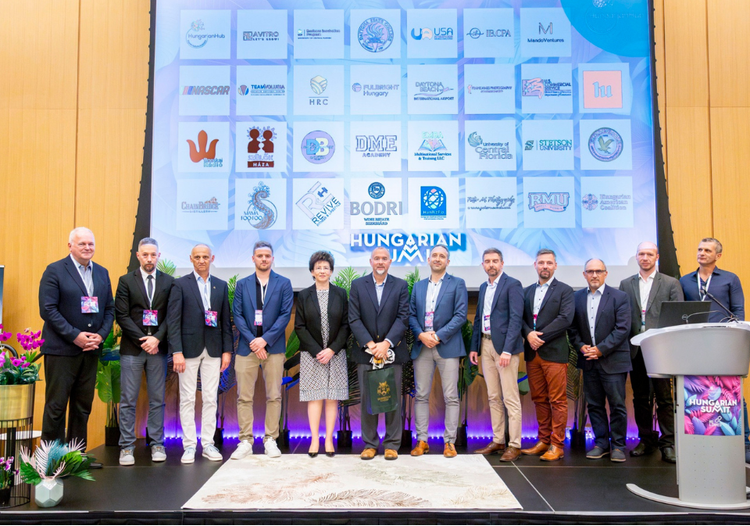
Simultaneously, the business-focused program, co-organized by the Hungarian Summit, the USA Accelerator, and the UCF’s Business Incubation Program, offered an immersive experience with the American business culture, including intensive training and networking opportunities focused on U.S.-specific business practices, developmental strategies and cultural insights. Participants were introduced to various enterprises and attended presentations on market entry strategies and experiences. The three-day ‘soft landing’ program concluded at the Volusia County Incubator, where participants continued engaging in business development activities.
The Hungarian Summit 2024 kicked off informally on the evening of 22 May with a screening of the film Freedom’s Fury, a documentary about the legendary 1956 Olympic water polo game between Hungary and the Soviet Union. The screening was followed by a discussion with Dr. Dénes Kemény, the renowned coach of Hungary’s world-leading water polo team who won three Olympics (2000 Sydney, 2004 Athens, 2008 Beijing) in a row. The conversation was led in Hungarian by Piros Pazaurek and journalist Tvrtko Vujity and provided an inspiring start to the Summit, bringing together the two delegation groups and further participants in a shared cultural experience.
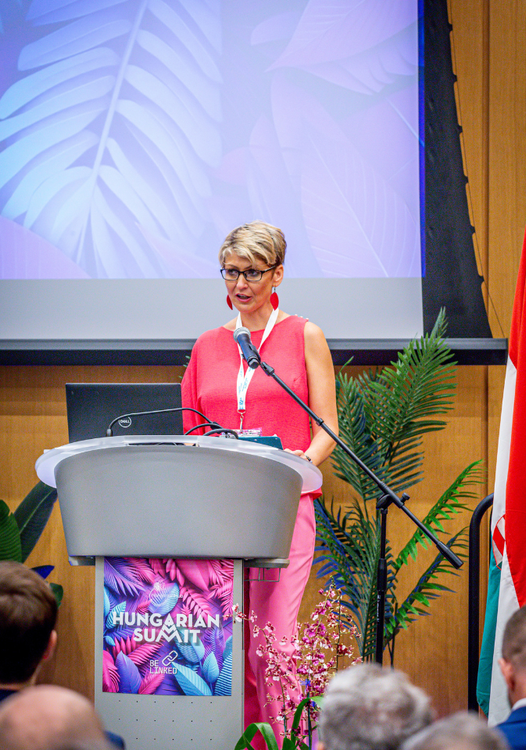
The ‘main event day’ took place on 23 May, where Director of Air Service, Marketing, and Customer Experience at Daytona Beach International Airport Joanne Magley served as the Master of Ceremony. The plenary session featured opening remarks from Piros Pazaurek and Mayor Derrick Henry. He highlighted that the Daytona Beach region is ‘a special place, which connects the economic community and the real world, since economics and education are intertwined here’. As noted, this is not a big region, but one with many dynamic opportunities, motivating and inspiring, with 80,000 locals and 10 million visitors annually, with a rich history of economic and educational community as well as different innovative ventures related to sport, education, transport, entertainment, and space exploration. ‘We value the old and are not afraid of the new; we believe there is a place for both. We love what we have been and excited of what we are going to be, eager to explore how to work together, excited of potential collaboration and a brighter future,’ the mayor concluded his speech.
He was followed by a video message from Ambassador of Hungary to the U.S. Szabolcs Takács, the event’s chief patron, and then by CEO of EDC Debrecen Urban and Economic Development Center Zoltán Pécskay, who delivered an impressive presentation about the business developments and opportunities in the city of Debrecen during the past 30 years. He was followed by entrepreneur Gabor T. Nagy, Co-Founder and Managing Partner of USA Accelerator and Piros’ husband of 18 years, who briefly explained the background of the ‘soft landing’ program and listed several entrepreneurs and businesses of Hungarian origin in the region. The keynote speaker of the event was Janet C. Karika, Founder and Principal Advisor for Space Transportation at Karika Consulting, LLC, who confessed: since she met her husband, Tamás at the American Airforce, whose father was a political refugee of 1956, she fell in love with Hungary, which she has visited several times. She was there in 1990 as well, when ‘Hungary came to life before her eyes’. In her highly emotional speech, she mentioned her husbands’ 102-year-old mother, who ‘survived both the Nazis and the communists’, and listed several impacts made by Hungarians on the U.S. (e.g. wine makers saving Californian vineyards, movie makers George Cukor and William Fox, in the aerospace sector Charles Simonyi, and many bilateral collaborations related to space exploration), concluding that ‘the power of space is that it can bring peace to the world.’
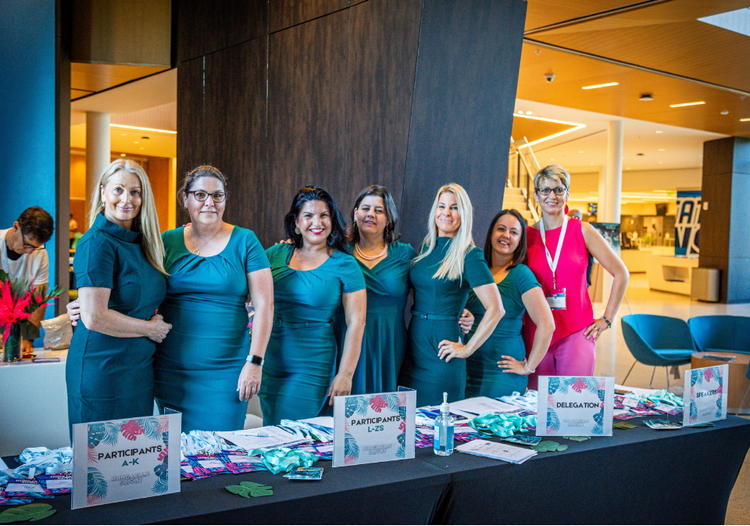
This plenary session set the stage for further discussions and highlighted the strong ties between the two countries. The subsequent exciting panel discussions explored themes of market entry and soft power. In the former, we could learn that space exploration and health are of common interest in both countries. Chief Marketing Officer at Vertisa Elmed Global Sales and Marketing Mr. Axel Lopez highlighted the relationship of resources and willingness to cooperate in Florida, while Mr István Peták, MD, PhD, Founder of Oncompass Medicine and Health, talked about the American business culture based on trust, growth mentality, a constant effort to collaborate and synergize, the drive to deliver a solution and inspiration, and a belief that successes of other companies can be ours as well. Mr. Lopez considered that the ways of stimulating innovation in Hungary and business opportunities in the U.S. are education, collaboration, and networking. Mr. Petak concluded that Hungary is a very strange, different nation in a positive way; where the biggest resources are: innovation, mathematics, physics and STEM, due to the special language and grammar, which helps Hungarians to first see the big picture, and secondly the details. In the latter panel discussions, we heard about the
strength and potentials of Hungarian music, sport, and communities as tools of ‘soft power’ in the U.S.
After lunch, three specialized ’tracks’ took place simultaneously. The Business Track was led by Gábor Tóvári-Nagy and centered around successful strategies for entering the U.S. market. Participants engaged in discussions on navigating the American business landscape, understanding regulatory frameworks, and leveraging networking opportunities to foster business growth. The Education Track was headed by Dr. Judit Trunkos and featured presentations from both American and Hungarian universities, which highlighted their areas of interest and explored opportunities for academic collaboration. The discussions also covered student exchange programs and research partnerships, emphasizing the importance of educational ties between the two nations. The Community Track was organized by President of the Hungarian American Coalition (HAC) Andrea Lauer Rice and focused on the challenges faced by American Hungarian communities, including community engagement of mixed language families as well as reaching out to the second and further generations’ youth, cultural preservation, and the innovative solutions being implemented by younger generations to support Hungarian heritage and identity abroad.
The first ‘main event day’ concluded with a cocktail party and a photo exhibition by Franklin Ames, showcasing captivating images of Budapest, set to a musical backdrop provided by Joe Fritz. The relaxed atmosphere allowed participants to network and reflect on the previous discussions. The evening included a charity auction, where items such as an autographed foil from Olympic champion Áron Szilágyi, a book signed by Nobel Prize-winning scientist Katalin Karikó, and a water polo ball signed by Dénes Kemény were auctioned off. The proceeds went towards supporting the Sports Scholarship program, a joint initiative by HungarianHub and the Parents’ House Foundation (Szülők Háza Alapítvány in Hungarian) in Hungary led by Judit Regős, aimed at nurturing socially disadvantaged, talented children.
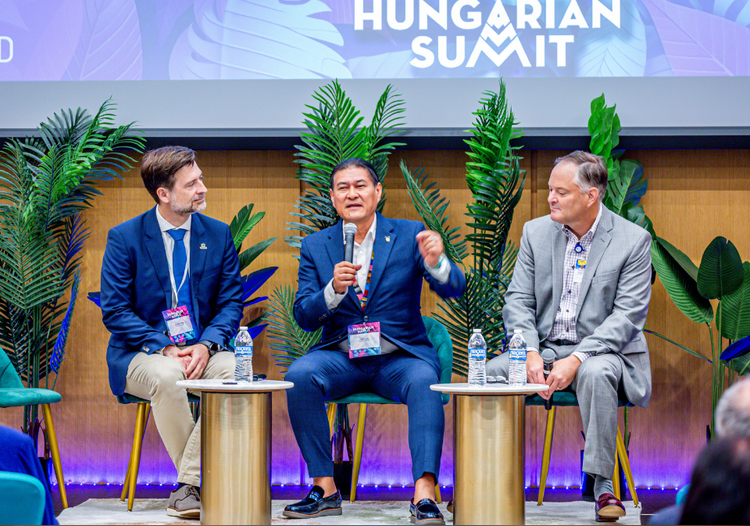
On the final day of the Summit on 24 May, attendees gathered for a captivating opening session of Dr. István Peták, who delivered an insightful keynote titled How AI Helps Us Win the War Against Cancer, highlighting the transformative potential of artificial intelligence in the field of oncology and how it can revolutionize cancer treatment. Afterwards, Andrea Lauer Rice introduced the HAC’s new initiative, the HYPE Network Program, which aims to connect and empower young Hungarian American professionals, fostering networking, and personal and community-related career development opportunities. The morning session concluded with closing remarks from President of Daytona State College Dr. Thomas LoBasso, who served as the event’s host and emphasized the importance of international collaboration, and expressed his gratitude to all participants for their contributions to the Summit’s success.
The day continued with the three specialized tracks in parallel, each of them providing an opportunity for in-depth discussions and networking,
allowing participants to explore topics of interest and collaborate on future projects.
Discussions of the Business Track focused on strategies for international expansion, investment opportunities, and fostering business partnerships between Hungary and the U.S. Sessions of the Education Track covered topics such as innovative educational programs, student exchange opportunities, and collaborative research projects between universities in Hungary and the U.S. The conversations of the Community Track centered around community building, cultural preservation, and the challenges faced currently by Hungarian communities abroad: involvement and succession planning. We also discussed ways to enhance the visibility and influence of Hungarian culture in the U.S. The track was led by Community Diplomat at the Hungarian Consulate General in New York Nikolett Szántovszki and kicked off with an online presentation delivered by Dr. Péter Szilágyi, Deputy State Secretary from the State Secretariat for Hungarian Communities Abroad, who presented a wide range of insight into diaspora-related learning possibilities, such as the Diaspora Newspaper, the Diaspora Podcast, relevant teacher training programs at Széchenyi University in Győr, the Kőrösi Csoma Sándor Program (KCSP) Scholarship, Balassi Scholarships, Diaspora Higher Education Scholarship, Rákóczi camps, Diaspora camps of the Hungarian Scouts Association in Exteris (KMCSSZ in Hungarian) as well as the Homecoming Programme (Hazaváró Program in Hungarian) helping families who wish to return and permanently settle in Hungary to overcome bureaucratic hurdles.
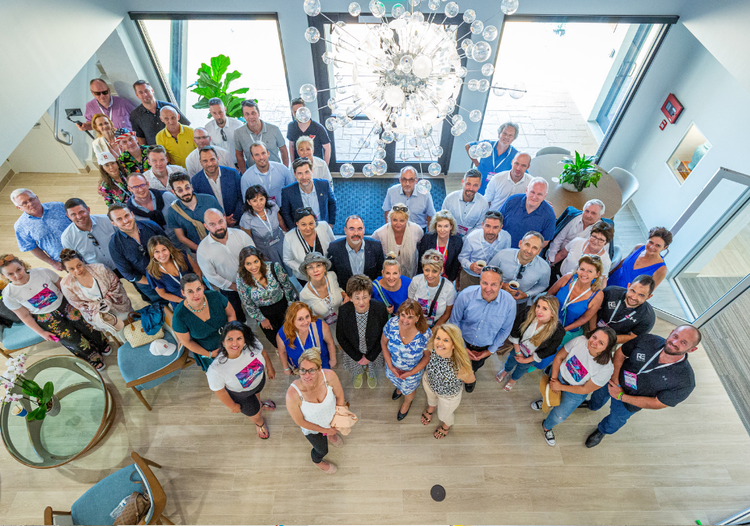
In the afternoon, participants embarked on an exciting group excursion with Tvrtko Vujity’s guidance. The group first stopped at the Daytona Regional Chamber of Commerce, where President and CEO Nancy Keefer welcomed participants and provided an overview of the chamber’s operations and gave a tour of their impressive facility, offering insights into the local business environment and the chamber’s role in supporting economic growth. A VIP tour of the NASCAR facilities followed, where participants had the opportunity to explore the world of auto racing up close. The tour offered a behind-the-scenes look at the NASCAR operations and the chance to experience the excitement of this sport firsthand. The final stop was at the DME Academy, where the owner, philanthropist Mike Panaggio, along with Head Coach Gyöngyi Zsolnay, and DME-scholar Bendi Zsolnay-Vujity greeted us, and provided an overview of the academy’s programs, which focus on developing young athletes.
The Hungarian Summit 2024 has become a landmark event,
fostering robust economic, educational, community, and cultural ties between Hungary and the U.S., where participants have the possibility to attend interesting presentations, engage in meaningful dialogues, explore innovative ideas and form valuable connections that will contribute to the economic and cultural growth and development of both nations. Moreover, as Piros Pazaurek noted, this year’s Summit has not only been a venue for exchanging ideas and exploring opportunities but has also developed a sense of community among the participants. Being part of such an inspiring and forward-thinking community was a great honor, so I am also looking forward to visiting the Hungarian Summit 2025 next year in Budapest, Hungary.

